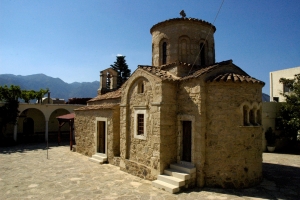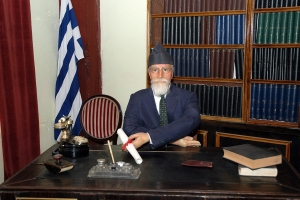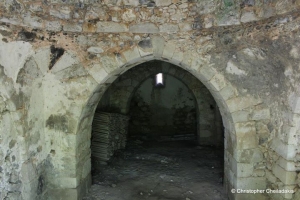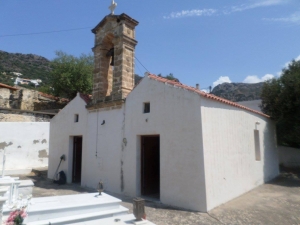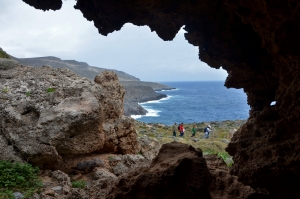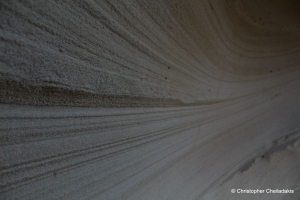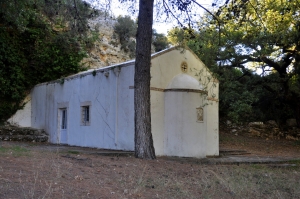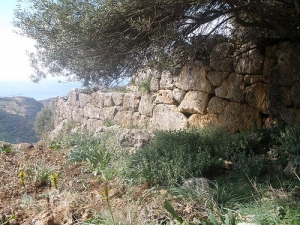Монастырь Андифонитрии в местечке Мириокефала в горной части Крита был основан в 1100 году монахом-пустынником Святым Иоанном. Сегодня в хорошей сохранности главный храм монастыря, крестово купольной архитектуры.
В музее "Потамианос" в Зониана выставлены 87 восковых фигур, которые реалистично изображают сцены из истории Крита.
В деревне Кенургио провинции Педьяда сохранились руины башни, принадлежавшей семье Маркантониа Фосколо. О башне узнали из завещания критянского комедийного поэта "Фортунато" Марка Фосколо, составленному в Кандии в 1661
The cemeterial church of Saint George at Anidri is a double-aisled church that was originally single-aisled and a second (south) aisle of Saint Nicholas was added later. Inside there are preserved frescoes of Ioannis Pagomenos dating back from from 1323.
Η παραλιακή πορεία από την Κάτω Ζάκρο μέχρι τον Ξερόκαμπο αποτελεί μια πρώτης τάξεως ευκαιρία για να γνωρίσετε το άγριο βραχώδες τοπίο της νοτιοανατολικής Κρήτης. Στην πορεία θα συναντήσετε πολλά σπήλαια και όμορφους γεωλογικούς σχηματισμούς. Στο τέλος της πορείας μπορείτε να απολαύσετε το μπάνιο σας στις όμορφες ακρογιαλιές του Ξερόκαμπου.
At the north side of Mount Bobias, between Fodele and Agia Pelagia, there is a small and unknown cave. Actually it is a long rock shelter formed by the impressive psammite rocks that dominate this area. The cave is located at the north side of the mountain, at the top of a vertical cliff of height 100 meters, in the middle of the 'Trail of the Pilgrims' towards the the church of Agios Sozon at Cape Stavros.
Σε μια κατάφυτη από κυπαρίσσια, πλατάνια και πεύκα πανοραμική τοποθεσία νότια των Αρχανών, κάτω από μια βραχοσκεπή είναι κτισμένος ο Άγιος Ιωάννης ο Ριγολόγος. Αυτή η άγνωστη τοποθεσία είναι ιδανική για πικ νικ, αλλά και για πεζοπορία από τις Αρχάνες.











